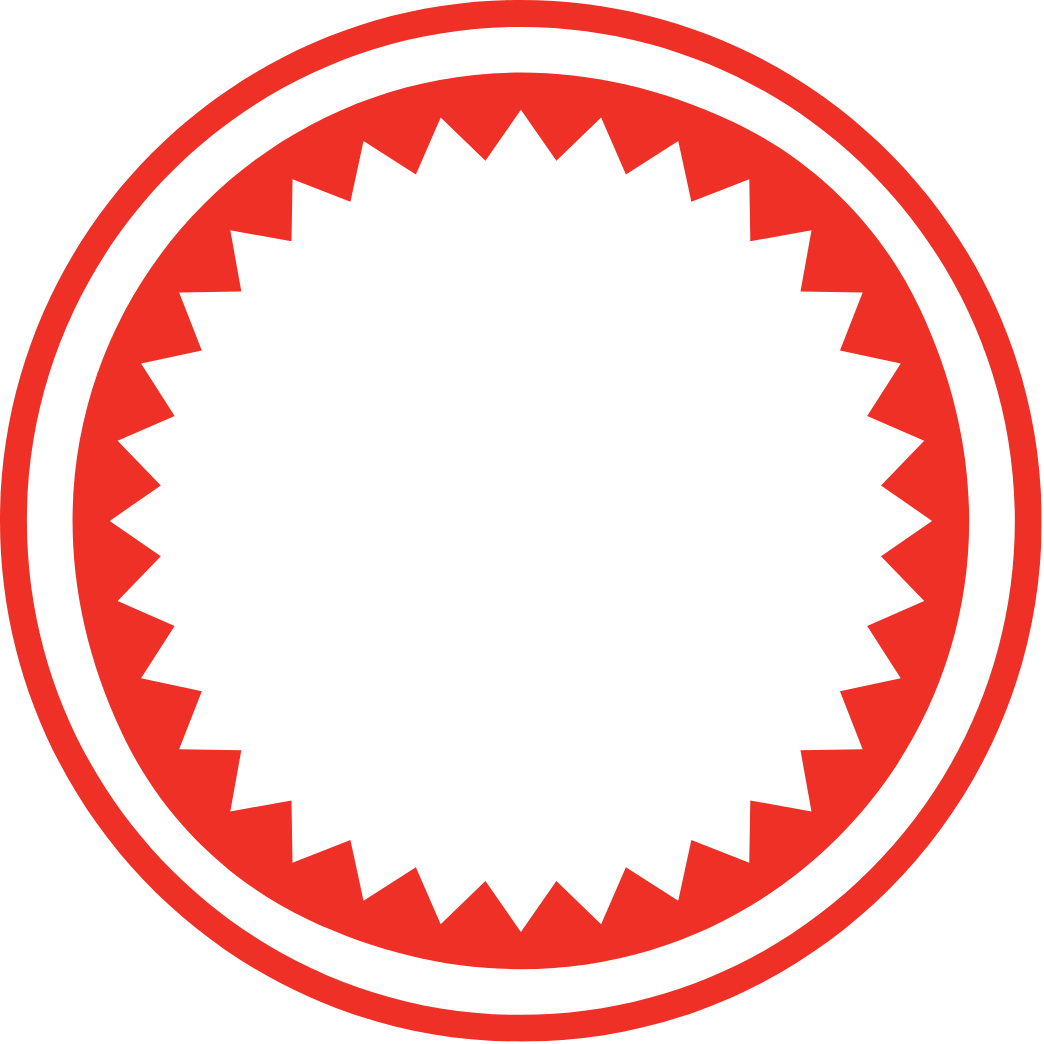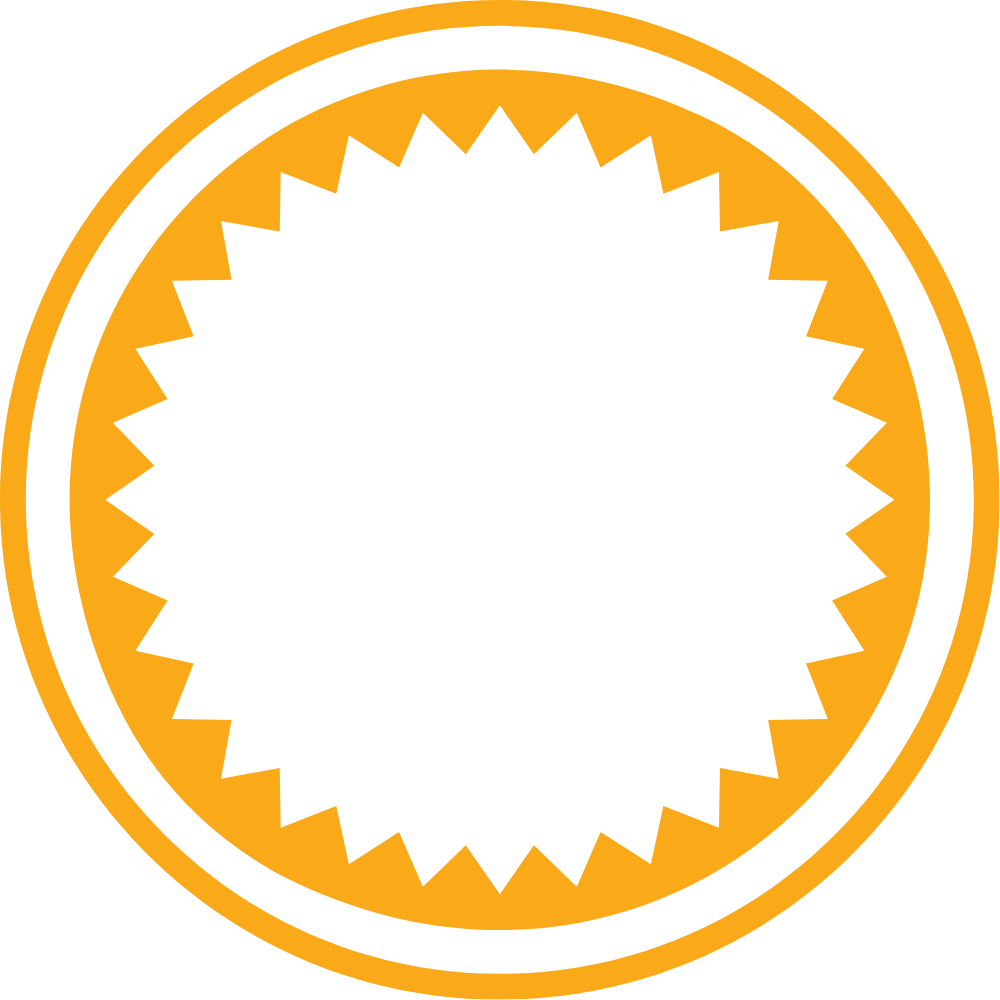In today’s interconnected world, projects often involve diverse teams and stakeholders who may speak different languages or come from varied cultural backgrounds. Effective communication, facilitated by high-quality interpretation, is critical to ensure project success and stakeholder satisfaction.
Poor interpretation can lead to misunderstandings, delays, and dissatisfaction among stakeholders, jeopardizing the project’s outcomes. Conversely, professional interpretation services can significantly enhance stakeholder relationships, creating a solid foundation for achieving project goals.
The Role of Interpretation in Project Management
Interpretation quality plays a vital role in project management. A project often involves multiple stakeholders—including internal stakeholders, external stakeholders, project team members, and the project sponsor. Ensuring clear and accurate communication among these groups is essential.
Professional interpreters bridge language and cultural gaps, ensuring that all parties fully understand the project’s objectives, requirements, and progress.
When creating a stakeholder analysis or project charter, identifying stakeholders and their communication needs is a critical step. Language barriers can hinder collaboration and create unnecessary friction.
High-quality interpretation services help manage stakeholders effectively by fostering inclusivity and transparency. This ensures that all stakeholders, regardless of their language proficiency, can contribute meaningfully to the project.
Enhancing Stakeholder Satisfaction with High-Quality Interpretation
Stakeholder satisfaction hinges on the ability to meet expectations and deliver value. Interpretation quality directly impacts how well stakeholders feel understood and respected.
For example, in a multinational project, internal stakeholders may rely on interpreters to communicate complex technical information to external stakeholders. A skilled interpreter ensures that the message is not only translated accurately but also conveyed in a culturally appropriate manner.
Professional interpreters enhance the interpretation experience by using their expertise to navigate linguistic nuances and cultural sensitivities.
This ensures stakeholder satisfaction by eliminating misunderstandings that could lead to dissatisfaction or conflict. High-quality interpretation fosters trust and confidence among stakeholders, strengthening their commitment to the project.
Interpretation Quality and Project Success
The success of a project is often tied to how well stakeholders collaborate and align with the project’s goals. Effective interpretation services contribute to this by:
- Facilitating Clear Communication: High-quality interpretation ensures that all stakeholders, including those with limited language proficiency, can actively participate in discussions and decision-making processes.
- Building Strong Relationships: By ensuring stakeholders feel heard and understood, interpreters help build positive relationships, which are crucial for long-term collaboration.
- Supporting Quality Assurance: Accurate interpretation reduces the risk of errors and miscommunications, which can compromise quality assurance and project outcomes.
Managing Stakeholders Through Professional Interpretation
Managing stakeholders effectively involves understanding their needs and addressing potential challenges. For instance, a project sponsor might require detailed updates, while external stakeholders may prioritize clarity on how the project aligns with their interests. Professional interpreters play a key role in ensuring stakeholder satisfaction by tailoring their services to these varying needs.
During stakeholder analysis, project managers should assess the need for interpretation services. Identifying stakeholders who require interpretation early on allows the project team to integrate these services into project plans. This proactive approach ensures seamless communication throughout the project lifecycle.
The Importance of Professional Interpreters
Not all interpretation services are created equal. Professional interpreters bring specialized skills and experience that ensure high-quality interpretation. Their ability to adapt to different contexts and convey messages accurately makes them invaluable in complex projects.
For example, when dealing with technical or industry-specific terminology, professional interpreters leverage their expertise to deliver precise translations.
This expertise is critical in high-stakes situations, such as negotiations with key stakeholders or presentations to the project sponsor. The interpretation experience provided by seasoned interpreters enhances stakeholder confidence and satisfaction.
AI Interpretation Services: A Game-Changer for Vendor Negotiations .. Read More!
Best Practices for Ensuring High-Quality Interpretation
To maximize the impact of interpretation quality on stakeholder satisfaction, project managers should consider the following best practices:
- Identify Stakeholder Needs Early: During stakeholder analysis, assess language and communication needs to ensure appropriate interpretation services are in place.
- Engage Professional Interpreters: Work with experienced interpreters who understand the project’s context and can adapt to its specific requirements.
- Incorporate Interpretation Services into Project Plans: Include interpretation in the project charter and allocate resources for it as part of the planning process.
- Ensure Continuous Quality Assurance: Regularly evaluate the effectiveness of interpretation services and address any gaps or issues promptly.
- Foster Collaboration Between Interpreters and Project Team Members: Encourage open communication between interpreters and team members to align on project goals and expectations.
Conclusion
High-quality interpretation is more than a logistical necessity; it is a strategic investment in stakeholder satisfaction and project success. By addressing language barriers and fostering clear communication, professional interpreters enable all stakeholders to contribute effectively to the project.
Managing stakeholders with a focus on interpretation quality ensures that internal and external stakeholders feel valued and engaged, paving the way for successful outcomes.
Incorporating professional interpretation services into project plans demonstrates a commitment to inclusivity and excellence. This proactive approach not only enhances the interpretation experience but also ensures that the project’s objectives are met with the full support of its stakeholders.
Ultimately, interpretation quality is a cornerstone of effective stakeholder management and a key driver of project success.
Interpret Like a Pro: Choose AfroLingo for Your Multilingual Needs
At AfroLingo, we’ve established, over the past 12 years, an impressive reputation for delivering interpretation services that stand out.
Our network of interpreters has been carefully chosen based on each interpreter’s professional and educational qualifications, job history, and subject matter expertise ─ legal, corporate, medical, government, etc. With this, we always choose a suitable interpreter who has the background and subject matter know-how that would meet your requirements.
Also, we have the latest simultaneous and consecutive interpretation equipment, such as wireless and infrared systems.
Further, as we understand that your business might sometimes request an interpreter in a hurry, our interpretation services can be booked at short notice. We’re also known for fast delivery.
Contact us now for the most experienced and reliable interpretation service available!
Top FAQs on Interpretation Quality
- Why is interpretation quality important in project management? High-quality interpretation ensures clear and accurate communication among stakeholders, fostering trust, reducing misunderstandings, and enabling successful collaboration, which are essential for project success.
- How can professional interpreters enhance stakeholder satisfaction? Professional interpreters bring expertise and cultural sensitivity, ensuring that stakeholders feel understood and respected. This enhances trust and confidence, leading to stronger stakeholder relationships.
- When should interpretation services be integrated into a project? Interpretation services should be identified and integrated during the stakeholder analysis phase to ensure seamless communication throughout the project lifecycle.







